Every year in late April to early May, seabirds known as double-crested cormorants (Phalacrocorax auritis) make their homes on and near Alberta lakes and rivers to breed and raise their young. So named because of the long, fine feathers that appear behind each eye in spring, they are one of approximately forty sub-species in the world.
The name cormorant is a contraction of two Latin words; corvus and marinus which when put together mean “sea raven”. With their penchant for fishing and their black colour it is easy to see why.
The double-crested cormorant is a large black bird with a long sinuous neck and a yellow-orange throat patch. They weigh between 1.2 and 2.5 kilos and are exceptional divers, some able to dive to depths of 45 meters using their powerful webbed feet and using their wings as rudders. Cormorants eat a wide variety of fish along with some crustaceans, amphibians and insects. Their long beak, with the tip of the bill shaped like a hook, is an excellent aid in catching prey.
A cormorant’s time is spent almost equally between fishing and resting. Some people believe that their oil glands are insufficient for waterproofing, and although these oil glands may help them be a better diver, it also means they must spend a large portion of time drying their wings. Observers will often find cormorants on top of tall trees of telephone poles with their wings outstretched to catch the drying rays of the sun.
Cormorants are colonial nesters whose guano has been known to kill the very trees they perch upon. At the very least, it will stain and discolour any rocks below. Cormorants are also known to create pellets of undigested bones and fish scales which they expel much the same as some species of owls.
If spring ever comes, we can expect to see double-crested cormorants soon after!
By Linda J. Schlegel, AIWC Volunteer
Resources and further reading:
https://oceanwildthings.com/2012/10/05-cool-cormorant-facts/
https://allaboutbirds.org/guide/Double-crested-Cormorant/lifehistory/
https://oceanwide-expeditions.com/to-do/wildlife/cormorant-1
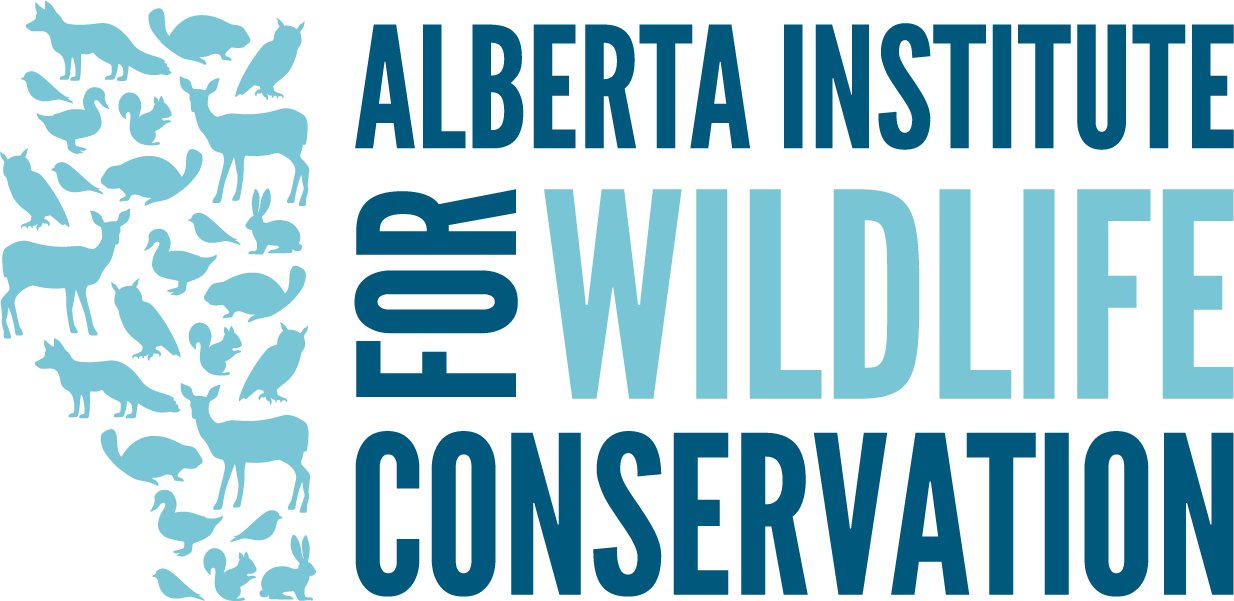
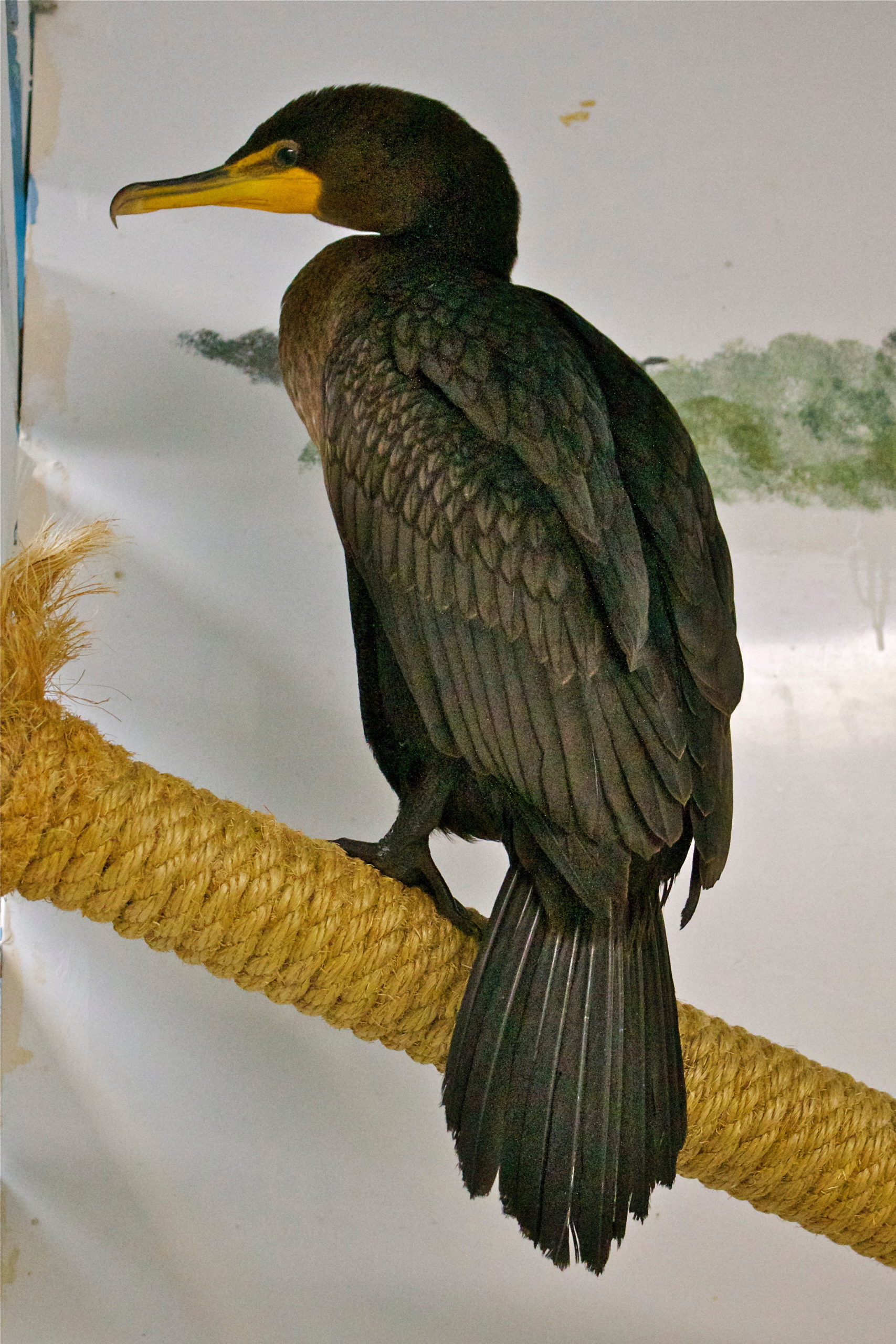
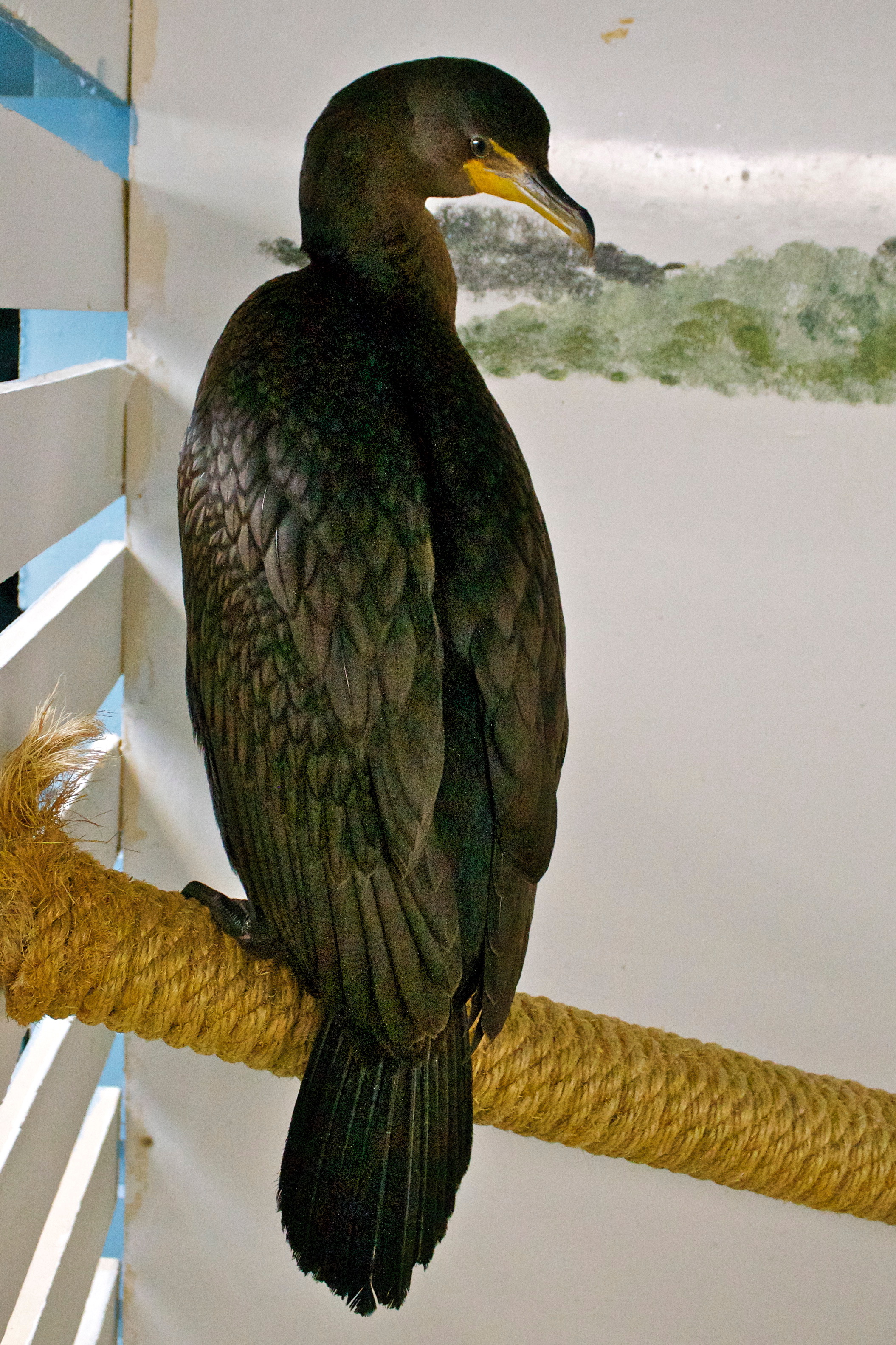
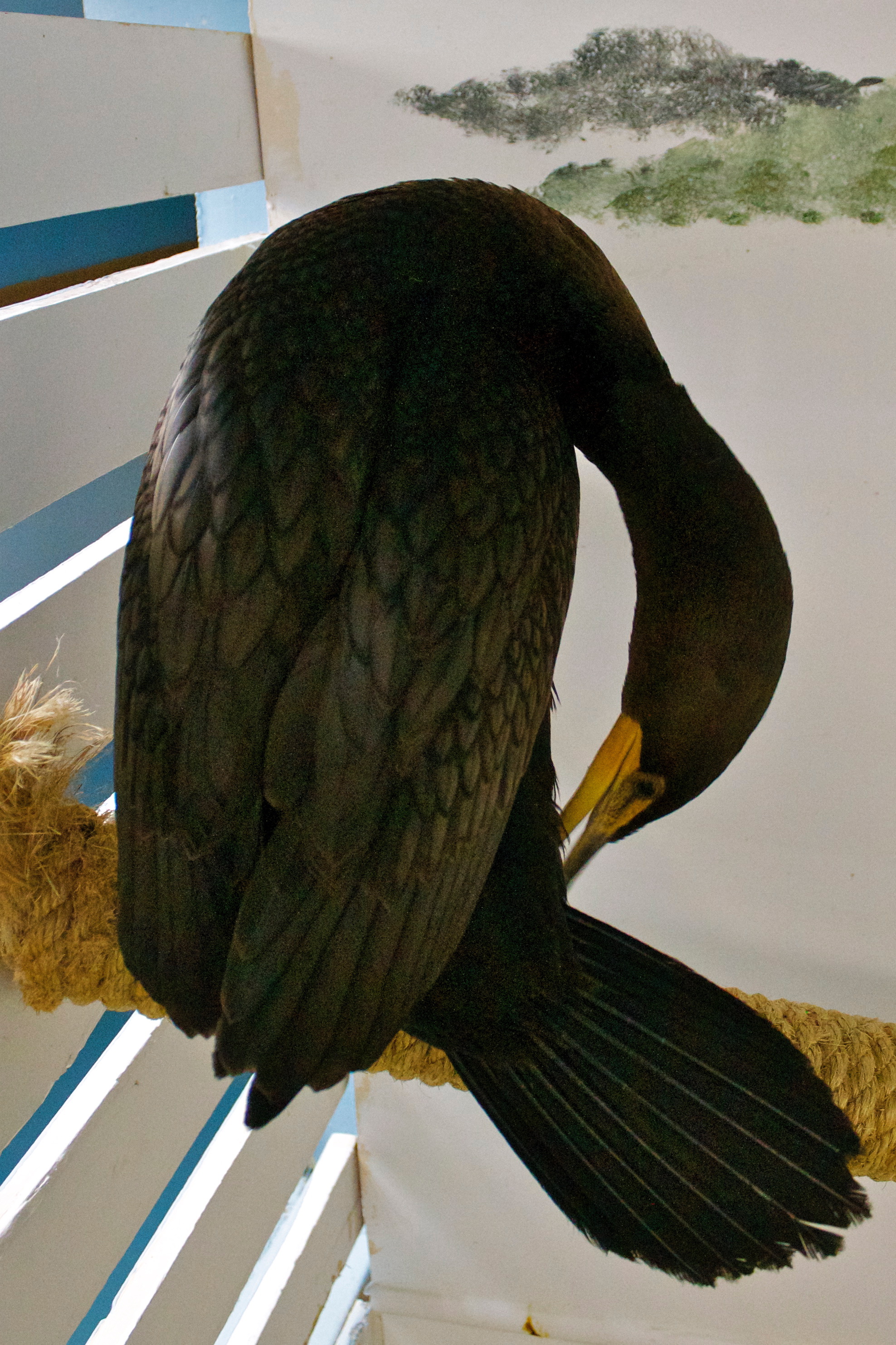
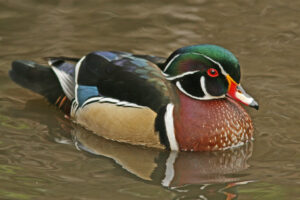
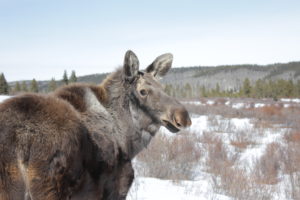
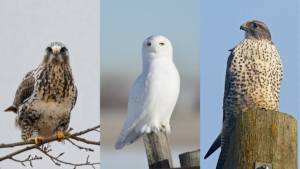

32 thoughts on “The Cormorants are Coming!”
It’s May 5th, 2019. At about 11 am I looked back window to see to my surprise at least 22 of these Cormorant birds fishing and flooding on a man made lake just beyond the back yard. I had the bushnell binoculars to identify them with. I live in Winnipeg Manitoba on the south west side of the city. Well my boyfriend does and on weekends I love looking out on the water to see what bird species I will see next.
That is so cool, thank you for sharing!
How wonderful! I identified one in my neighbourhood “swampy Marsh” I used my vortex binoculars to identify, I could even see the iridescent colours reflecting off his long slender neck. Fascinating!
This is a first sighting for me so I had to dig to find the correct name!
That is so awesome, thank you for sharing!
a cormorant is watching all Dawgs games in August – sitting on the stadium lights. Oktoks Dawgs stadium. all by himself. thought they were more northern – surprised to see one here.
That’s awesome! 🙂
I think there is a cormorant who frequently sits on a light standard on westbound 16th Avenue, just after crossing Deerfoot in Calgary. I have seen him/her many evenings on my way home this summer.
.
That’s awesome!
August 30,2019 at around 1:30pm
Saw a bird in my farm dugout, immediately said it looks like a cormorant; but not this far away from the sea, later saw another 20 miles away, returning home; it was still here; standing on the aeration float with wings spread wide.Didn’t know they came to south of Peace River. First ones I’ve seen here in thirty years.
Wow, that’s great you’re seeing them this year!
That’s awesome you’re seeing them this year!
Have 2 in high river in the past 3 weeks.
Happy I found your page to identify them
That’s great news, thank you for sharing! 🙂
We saw two sitting in a tall tree along the riverbank of Bow River in Fish Creek Park in Calgary. One was black and the other lighter grey. It was a bird I had never seen before so was quite excitIng. Thanks for helping to identify it!
Wish I could share my photos!
September 5, 2019
Thought I saw one in High River today, sitting atop a light post.
That’s awesome!
I am pretty sure one these fellows at Atim Creek, just west of Spruce Grove. Sitting on a log in the middle of an old beaver pond. Pretty amazing.
That’s awesome!
There is at least 1 still here in Vegreville at the Pysanka park beside the big pond, about 3 weeks ago l saw 4 at once in the same tree.
I was walking along the east side of the bow river near quarry park in Calgary today and saw a comadant for my first time ever perched atop a tall tree. It was majestic, beautiful and awe inspiring.
Very cool, thank you for sharing! 🙂
Pretty sure this is what I saw in the pond behind our complex in Aspen. Sitting on a log at first and then swimming later as I walked around. The long neck and narrow body seemed odd to me. We have Buffleheads and Canada Geese breeding there as well. Lovely. I also saw a grey Heron fly into the pond in front of me one day.
Awesome to hear, thank you for sharing!
I am so sad because I love the cormorants. In Ontario, our premier, Doug Ford has permitted a “open season” on these lovely birds in hopes of gaining the votes of hunters, or at least I think this is his motive. Basically, as Animal Alliance of Canada says, he is allowing anyone to kill up to 50 cormorants per day for 291 days of the year, including the mothers who will not leave their babies as they are getting shot at and often mortally wounded to suffer. I am sorry to leave this sad message, but we need to stop this slaughter! Any suggestions? I sent a petition to the Minister of Environment and Climate Change, Hon Jonathan Wilkinson, and received no reply, as did my many friends who also mailed a petition. I wish people like Premier Ford could see how beautiful these and other creatures are!
Have enjoyed watching them at Broadmore Lake in Sherwood Park! Had never seen them before, there was 4 a few weeks ago and now only see one…love watching them!
Very cool, thanks for sharing!
Thank you for sharing the details about these cormorants here, my friend. I want to say that this is one of the best articles that you’ve shared on this website. I am thankful to you for sharing this with us today.
Glad to hear you enjoyed it Bridge, thanks for reading!
Happy to report a sighting of a Cormorant on a pole near the Shouldice bridge in Calgary May 21st. Gave us a beautiful pose, spreading its wings to dry in the sun:)
Fantastic! They are so beautiful to see 🙂
One of the best and my favorite blog ever. Aala stuff and best quality.
Spotted one in Lethbridge on June 6th, 2024, along a quiet shore of the Oldman River.